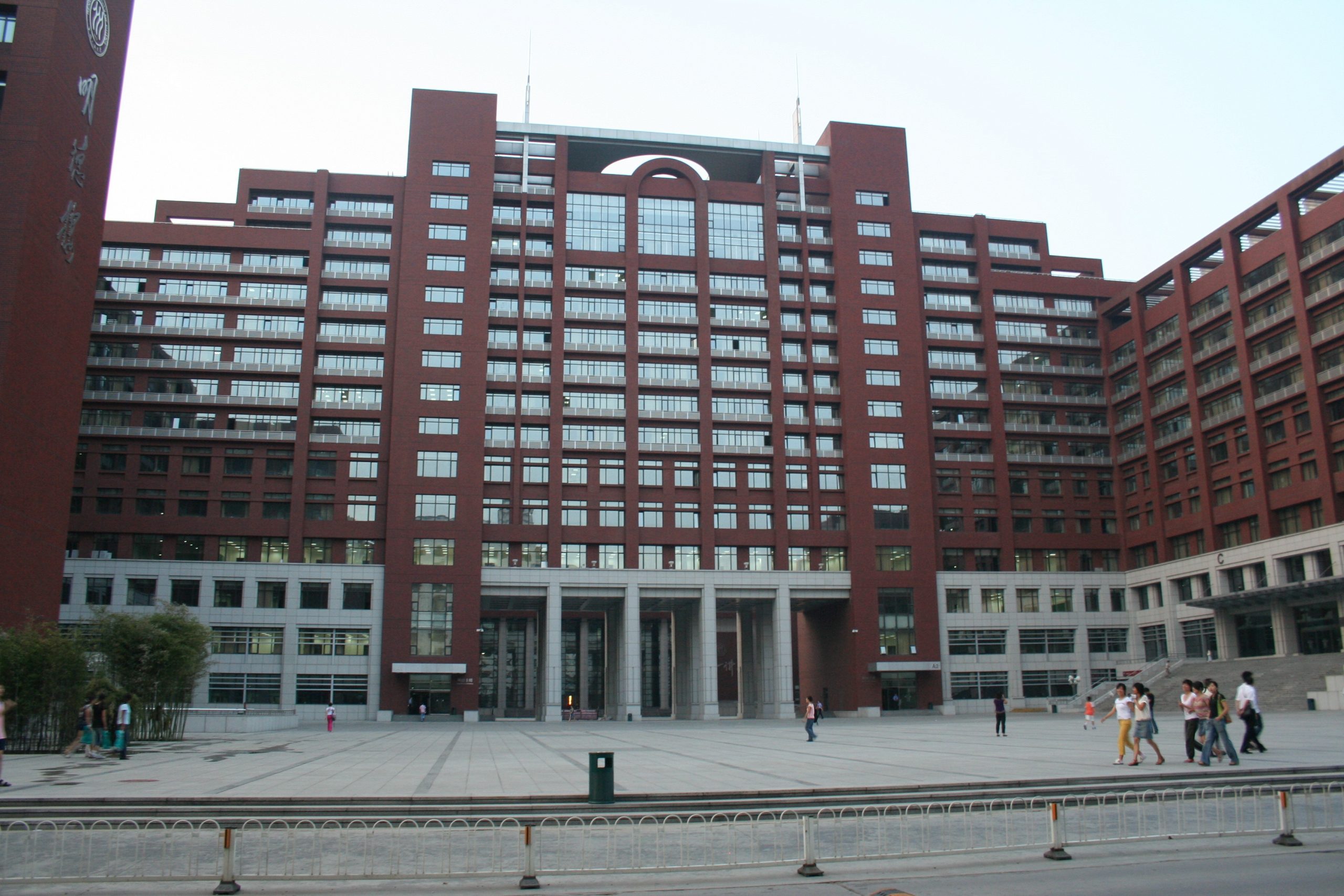Xiang Gong, Mathematics Teacher & Research Mentor
Erik R. Mohlhenrich, Biology Teacher & Research Mentor
Princeton International School of Mathematics and Science
Abstract: Countries around the world are committed to cultivating outstanding talent through STEM education. It is widely acknowledged that authentic STEM research programs are one of the most effective ways to achieve the goals of STEM education. In this paper, we present survey results in the 2018-2019 school year from school-based research programs at Princeton International School of Mathematics and Science (PRISMS) in the US and the High School Affiliated to Renmin University (commonly abbreviated as RDFZ) in China. A factorial MANOVA and a General Linear Model Univariate Analysis were used to test for similarities and differences between students’ gains in dimensions of gains in thinking and working like a scientist (WIS), personal gains related to research work (PG), gains in skills (SKILL), attitudes or behaviors as a researcher (ATT), and career and graduate education aspirations (INF). Across both programs, we find significant gains on all variables as students’ progress through their research experience. Scores from PRISMS students on WIS, PG, and ATT are significantly higher than those from RDFZ students. SKILL and INF showed significant correlations and thus were analyzed together; PRISMS students also scored higher on these variables. PRISMS 12th graders scored the highest of all school/grade level combinations. The results of this comparison speak to the efficacy of both programs in achieving the pedagogical goals of STEM research experiences. Variables that may have influenced the difference in outcomes between PRISMS and RDFZ are discussed, with particular attention given to the differences in the student population and school in general, number of students per project, and length of the research experience.
CLICK HERE to order complete paper










